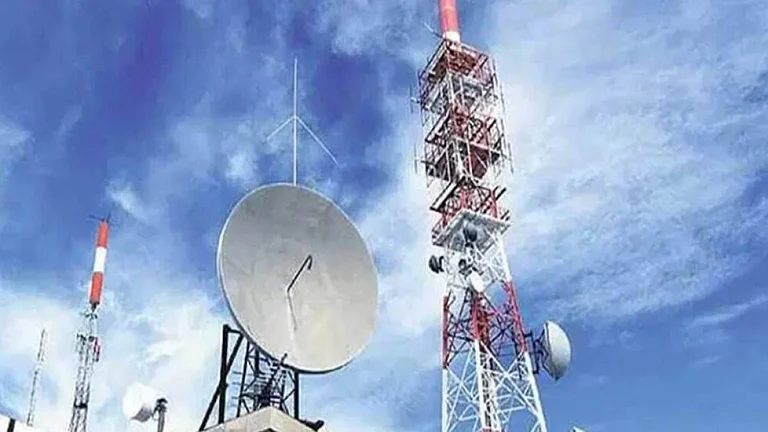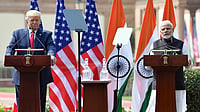
India drafting national data-centre certification guidelines via MeitY’s STQC with TRAI, TEC and other agencies
Industry warns scheme could duplicate global standards, impose dual compliance costs
Nasscom seeks voluntary, tiered and risk-based approach recognising existing accreditations
Officials argue uniform norms needed to streamline state rules, bolster security and power efficiency
Debate continues over whether certification will be mandatory or voluntary as India’s data-centre capacity expands rapidly
The Centre is moving ahead with plans to frame India-specific data-centre certification guidelines, even as operators and industry bodies warn the draft scheme could duplicate existing global standards and impose a costly dual compliance burden, The Economic Times reported.
Officials say a common national framework covering land-use, security measures and power utilisation is needed to streamline state rules, strengthen resilience and protect critical infrastructure as the sector scales rapidly.
The draft scheme has been prepared by MeitY’s STQC directorate with inputs from TRAI, the Telecommunication Engineering Centre and other central agencies.
Industry Fears
Trade body Nasscom and several operators argue the draft treats all data centres alike and overlooks varying business models, enterprise, co-location and hyperscale, and already-accepted global standards.
Nasscom has urged a tiered, risk-based and voluntary approach so that operators already compliant with international norms do not face extra burdens.
The push reflects earlier TRAI recommendations for national norms and a role for BIS in building standards, while TEC and STQC have been tasked with a security-certification framework relying on third-party audits. The ministry of power is also expected to set an energy-use framework for the power-hungry sector.
Officials say the agencies are coordinating to avoid overlapping mandates, though industry remains sceptical.
States, Timelines & Pain of Compliance
Operators complain the multiplicity of state policies, differing building, power and approvals requirements, already slows projects: a build that “should take a year” often stretches to three or more years in India. Proponents argue a national certification could simplify state-level variance, but companies want differential expectations for different data-centre types.
India’s data-centre market crossed the 1 GW milestone in 2024 and is forecast to reach roughly 1.8 GW by 2027, underlining why policymakers see the industry as strategic infrastructure that needs consistent rules and security standards as it rapidly expands.
Where the Debate may Land?
Officials say the draft aims to balance international best practice with India’s local realities, including energy, land and national-security considerations, but key questions remain over whether certification will be mandatory or voluntary, how it will treat hyperscalers versus smaller operators, and how it dovetails with existing global accreditations.
Industry lobbying for a voluntary, risk-based overlay rather than a wholly new compulsory regime is ongoing.
Expect formal stakeholder consultations and written feedback rounds in the coming weeks, with industry groups pressing MeitY and STQC to adopt a layered approach that recognises prior global certifications and limits extra compliance for operators serving international customers.


































